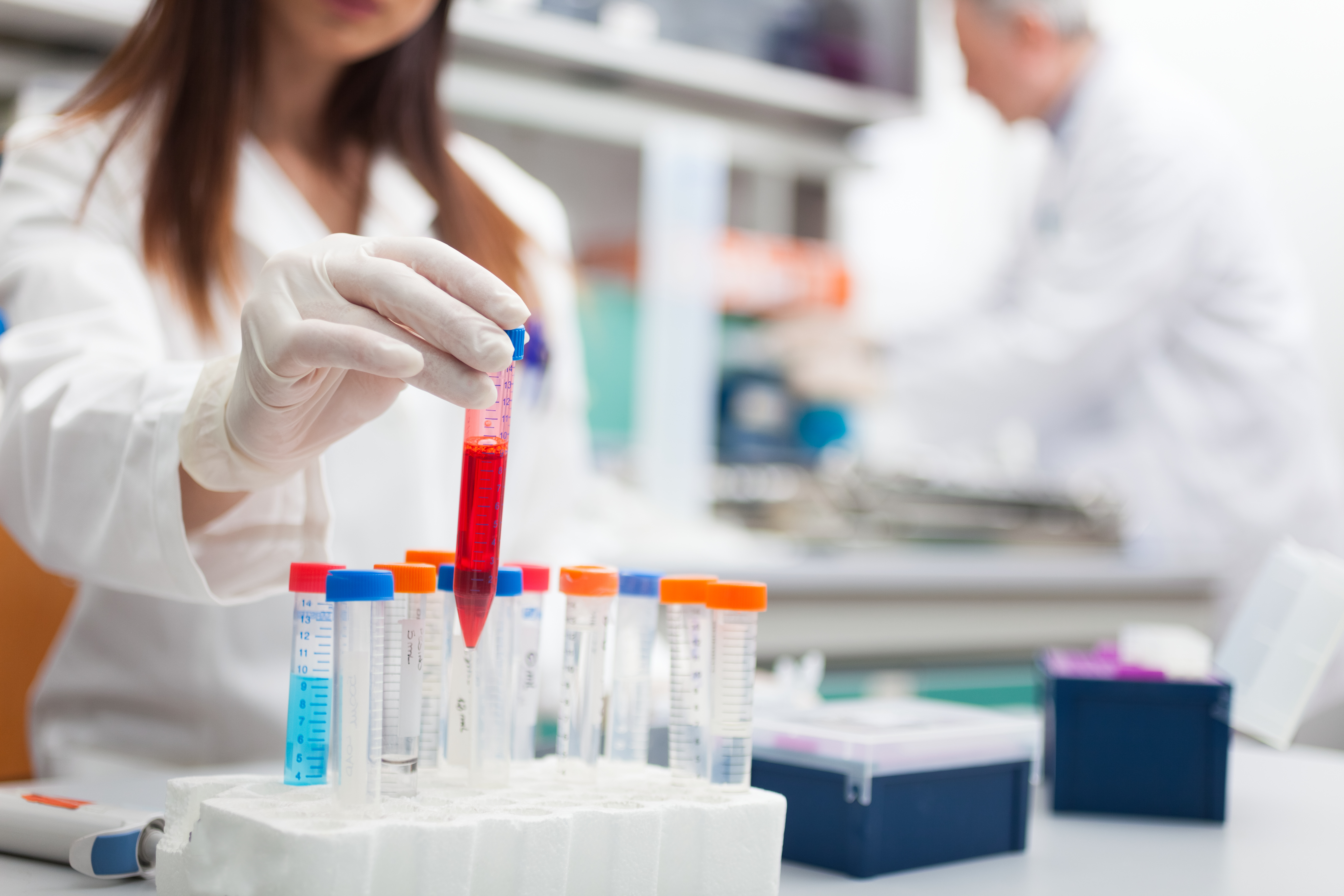Europe’s attractiveness as a location for clinical trials has been in decline in recent years. Although global clinical trials increased by 38% over the last decade, the European Economic Area’s share of those trials halved according to a report commissioned by EFPIA and Vaccines Europe in 2024. This translates to 60 000 fewer patients accessing a trial in the EEA.
There are many possible reasons for this decline. There’s the complexity of the EU’s regulatory environment, with European, national and sometimes even regional regulatory bodies making it challenging territory for drugmakers and device makers to wade through. Speed of set-up and access to trials trails compared to countries like the US, according to the EFPIA and Vaccines Europe report mentioned above. Finding patients can also be tough due to GDPR and cross-border rules.
The Draghi Report advised that the set-up and management of multi-country trials in the EU should be streamlined to advance the EU as an attractive place for conducting clinical research. IHI and IMI projects have already been on the case for years, building networks, tools and protocols to help smooth the roll-out of clinical trials in Europe.
One example is the network of trial sites for testing drugs against antimicrobial resistance developed by the COMBACTE projects (now the ECRAID network). The COMBACTE projects aimed to move the needle forward in the fight against antimicrobial resistance, and as a result of COMBACTE-NET in particular, a network of experts and suitable trial sites was established, meaning that resources for carrying out trials for drug-resistant medications can now be rapidly accessed through one single point. The COMBACTE/ECRAID network currently connects more than 1200 hospital sites in 42 countries, acting as a gateway to ample resources needed to carry out clinical trials on antimicrobial-resistant drugs.
Making clinical trials for children more feasible
Children are not small adults – for instance their bodies metabolise medicine differently. Proper testing of medicines specifically for children is necessary, and the introduction of the Paediatric Regulation in the EU in 2007 led to a rise in the number of medicines being developed for children. However due to the limited number of children affected, conducting appropriate paediatric clinical trials is challenging both scientifically and operationally.
The infrastructure for carrying out paediatric clinical trials in Europe before the conect4children project started was underdeveloped and fragmented, meaning that only a slow trickle of properly-tested medicines for children was reaching the market.
The conect4children project created a network of hospital sites with the facilities and expertise needed to carry out clinical trials for children, as well as connecting paediatric experts across Europe to provide their advice, and conducting various studies to ease the implementation of paediatric clinical trials. The project has now evolved into a non-profit association which delivers support and services to those looking to test medicines for children, improving the quality of paediatric clinical trials and easing the burden of executing the trials.
“c4c has established a unique single point of contact for paediatric clinical research in Europe that gives access to expert advice during the preparation of clinical studies and trial support during the execution of studies,” says Mark Turner, CEO of the conect4children Stichting.
“This means that the voices of children, young people, families, sites, and experts can be heard during paediatric drug development using high quality services that are ready for procurement and grant applications.”
Decentralised clinical trials – more representation and lower costs
Taking part in clinical trials based at hospital sites can involve multiple trips to the hospital, sometimes for hours or days at a time, and not everyone is willing or able to do that. This can result in slower patient recruitment and low retention of patients in trials. However, if it was possible to take part in a trial from home, by using technological innovations, more people might take part. It would also avoid the exclusion of groups of people who may want to take part in the trials but tend to find it difficult because they live far away from the hospital or they have compromised mobility.
Using technology or innovative operational approaches, decentralised trials enable people to take part in clinical studies from the comfort of their own homes. This can improve the quality of trials because it boosts representation, and it is also cost-effective.
The Trials@Home project sought to establish a robust evidence-base proving that fully home-based clinical trials are – in some cases – a viable alternative to hospital-based trials. The reviews conducted by the project showed that only a limited amount of fully decentralised clinical trials had been carried out in Europe before the project started. The project carried out a study to test whether future clinical trials can be successfully run from participants’ homes rather than hospitals or clinics – and the best way to do this.
As we move towards a more digital society, decentralised clinical trials will become the norm and the work of Trials@Home is essential to ensure that Europe remains competitive on the global scale. If such clinical trials could be proven to be robust, effective and accepted by the regulatory authorities, they could become a great option for drugmakers and patients alike.
“The conventional clinical trial model, requiring participants to attend multiple in-person study visits, faces difficulties including slow patient recruitment, low retention, high costs, large carbon footprint, selective participation not reflective of the population of interest, and a high burden on participants, site staff and society,” says Mira Zuidgeest, associate professor at UMC Utrecht, who is the scientific lead of the Trials@Home project.
“Decentralised clinical trial approaches leverage technology and innovative operational processes to facilitate various trial activities (e.g. informed consent, data collection) without requiring participants to travel to the research site. This may improve trial access, and with that speed up recruitment and increase representativeness, while reducing the burden for participants and possibly sites,” she continues.
“The IMI Trials@Home project will provide recommendations by the end of 2025 to facilitate efficient and impactful decentralised clinical trials.”
Platform trials – EU-PEARL leads the way
The EU-PEARL project developed a new master protocol for carrying out platform trials, a system where several drugs are tested at once and a common pool of trial participants is used. This new methodology will help to accelerate how quickly new drugs enter the market and also ensures that the minimum amount of time is spent exploring drug options that will not work.
The master protocol developed by EU-PEARL means that clinical trial site agreements are negotiated upfront and patients are continuously followed and offered treatments as they become available. Patients can move onto and off of different drugs – meaning that if they entered the trial and were given one drug that didn’t work for them, they can re-enter the trial at another point and be given a different one. This is a win-win scenario – for the researchers, it significantly reduces patient recruitment times, while patients get a second chance to receive a potentially life-changing medication, should the first drug treatment fail. Platform trials also dramatically reduce the number of patients that need to be given placebos and are a lot more time- and cost-effective than traditional clinical trials.
So far, EU-PEARL’s master protocol is being used in a trial testing potential drugs for neurofibromatosis 1 (NF-1) and schwannomatosis (SWN), both genetic diseases that cause tumours to grow on nerves throughout the body. The protocols developed by the project are also being harnessed for a study spanning six EU countries investigating the safety and efficacy of treatments for depression.
“Our IMI-funded project EU-PEARL for neurofibromatosis, enabled us to build an exceptional platform-basket trial that can serve as a blueprint for rare disease research. It proves how public-private partnerships and transnational collaboration can put Europe on the map of innovative, patient-driven healthcare,” says Annette Bakker, Chair of the Children’s Tumour Foundation Europe, and CEO of the Children’s Tumour Foundation, a foundation for children with neurofibromatosis which was involved in the EU-PEARL project.
Continuing the climb
Looking towards the future and building on these achievements, IHI is continuing IMI’s pioneering work in improving the landscape for clinical trials in Europe.
The new REALISE-D project is focused on improving clinical trials for rare diseases, by catalysing the development and acceptance of innovative approaches for designing trials, and making use of data. Rare diseases are by their definition rare, which invokes some unique challenges regarding recruitment for instance. The work of REALISE-D will help to address those issues to facilitate the improved set-up and conduct of clinical trials, with a particular focus on white spots (conditions for which there is no approved treatment option and where development is not currently commercially viable).
In the same vein as Trials@Home, the new Project-Comfort project is focused on seeing whether patients could collect blood samples in the comfort of their own home to be used in clinical studies.
The project focuses on patient-centric microsampling techniques, which collect less than half a millilitre of blood. While microsampling devices already exist, they are not widely used and questions remain on issues such as how to manage the logistics of sending samples in the post, whether the amount of blood collected is enough to run certain tests, and whether the results are accurate.
Finally the READI project will foster a more cohesive and integrated clinical study ecosystem by increasing the participation and retention in clinical studies of underserved and underrepresented communities.
The work of IHI and IMI projects to date are contributing to boosting the EU industry by helping to ensure that the EU remains competitive as a destination for running clinical trials. Ultimately, this means that patients in Europe will have more opportunities to take part in Europe-based clinical trials and a higher likelihood of benefiting from the results of those trials.
COMBACTE, conect4children, Trials @Home and EU-PEARL were supported by the Innovative Medicines Initiative, a partnership between the European Union and the European pharmaceutical industry.

